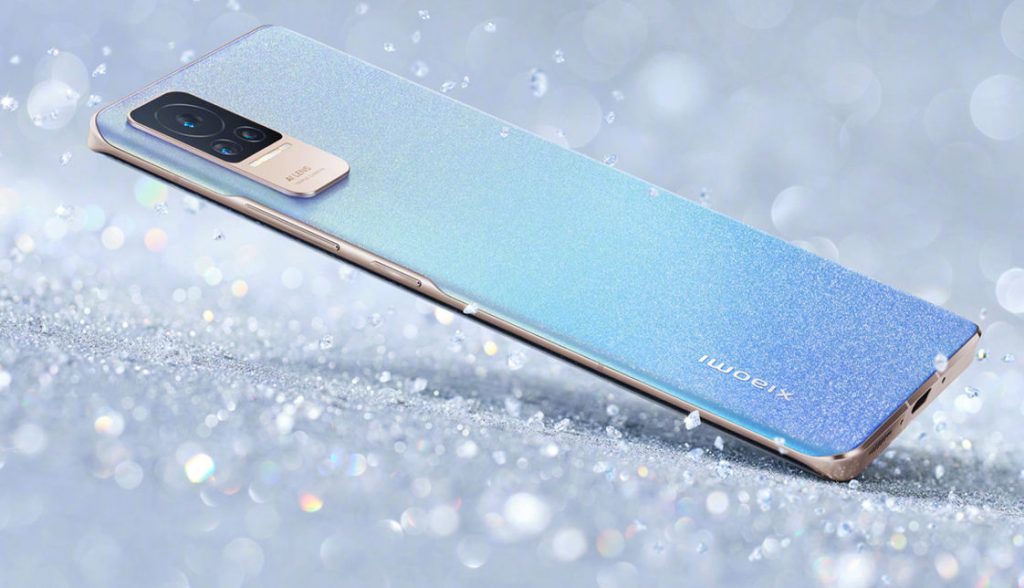The phone is a spiritual successor to the Mi CC9.
What you need to know
- Xiaomi has introduced its first "Civi" series phone.
- The new Xiaomi Civi comes with a Snapdragon 778G chipset, a 120Hz OLED display, and a 64MP camera.
- The phone will be going on sale in China from September 30 for a starting price of 2,599 yuan (about $403).
Xiaomi has rolled out a new "Civi" smartphone series to replace the Mi CC series that it introduced in late 2019. The first phone under the series, dubbed Xiaomi Civi, touts a slick design with a curved display and an ultra-thin frame.
Xiaomi Civi comes with a 6.55-inch curved OLED screen featuring FHD+ resolution, a 120Hz refresh rate, and a 240Hz touch sampling rate. It also happens to be HDR10+ and Dolby Vision compliant, just like the best Android phones on the market. Powering the mid-ranger is Qualcomm's 6nm Snapdragon 778G chipset with an Adreno 642L GPU.
Xiaomi's latest mid-ranger has a triple-camera setup at the rear, with a 64MP main sensor, an 8MP ultra-wide lens, and a 2MP macro lens. As for selfies, the Civi is equipped with a 32MP camera on the front. Other key features of the Xiaomi Civi include an in-display fingerprint sensor, a built-in IR blaster, and stereo speakers with Dolby Atmos.
Keeping the lights on is a 4,500mAh battery, which Xiaomi claims can easily last a whole day. Thanks to 55W fast charging, it only takes 45 minutes for the phone to be fully charged.
The Xiaomi Civi will be available to purchase in China from September 30. It is priced at 2,599 yuan (about $403) for the base 8GB/128GB version and 2,899 yuan (about $449) for the 8GB/256GB version. The top-end 12GB/256GB version will retail in the country for 3,199 yuan (about $496).
While Xiaomi is yet to confirm any plans of launching Civi outside China, the device could make its way to some markets in the near future with a different name. The Mi CC9 Pro, which was one of the first two Mi CC series devices, was launched globally as the Mi Note 10.
Source: androidcentral

